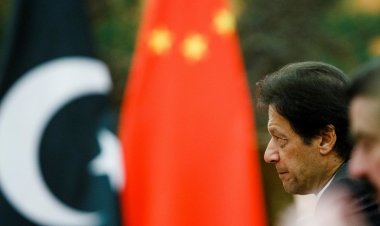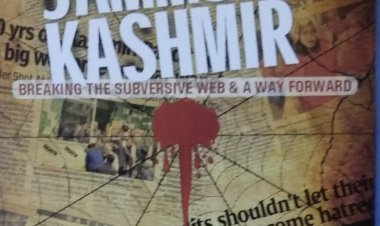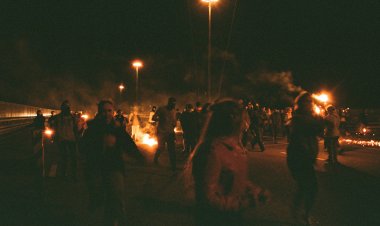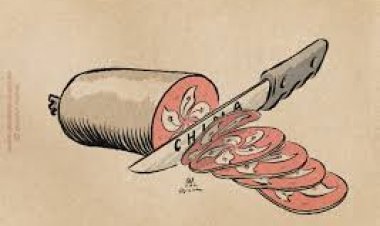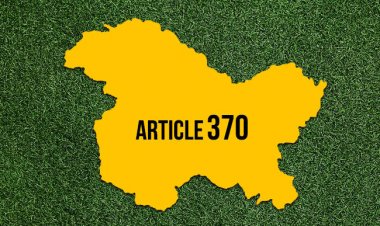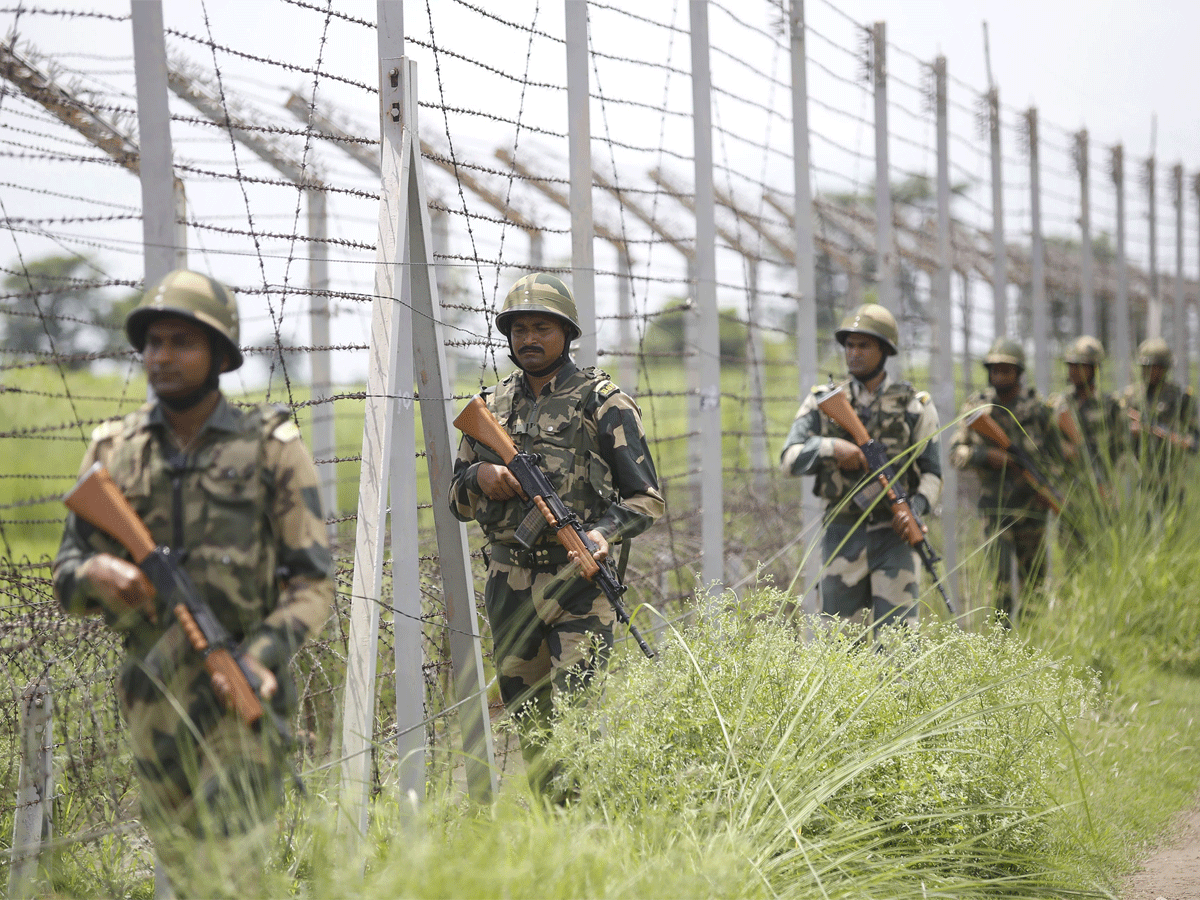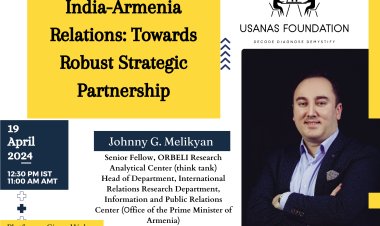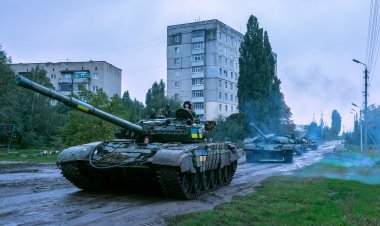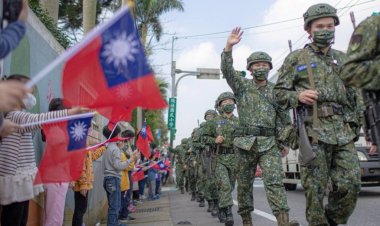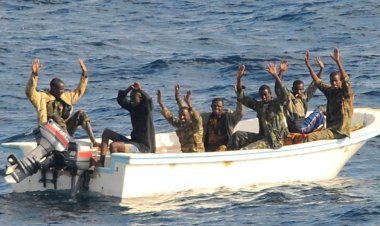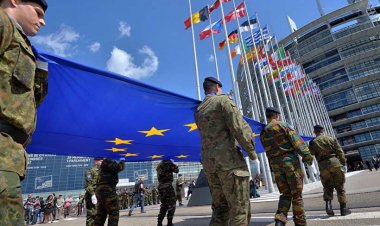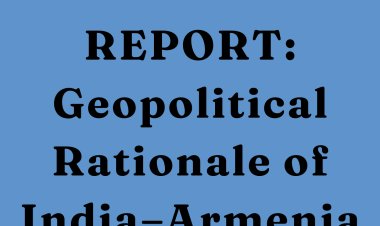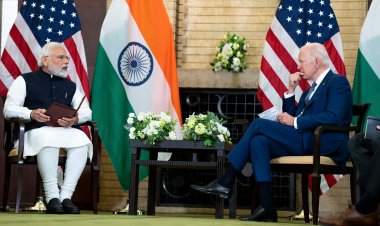Usanas Foundation's Petition to International Organizations Against the Human Rights Violations and Targeted Killings of the Hazara Shia Minority Community
On January 9th, 2021, Usanas Foundation sent a letter to international organisations such as United Nations, UN Human Rights Commission, Human Rights Watch, Freedom House, the European Union, International Society for Human Rights etc , regarding the targeted killings and violations against the Hazara Shia Minorities
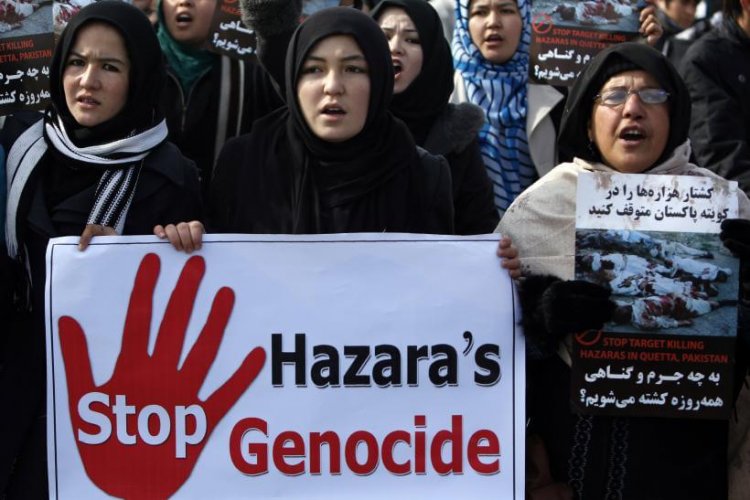
Date: 9th January 2021
Subject: Human Rights Violations by the State of Pakistan
Honorable Sir/ Madam,
This is Usanas Foundations letter series on the constantly increasing Human Rights violations by the State of Pakistan on the religious minorities. In our previous letters, we have focused on the Human Rights violations and targeted killings of Ahmaddiya Community, Shia Community and Baloch and Pashtun region. In this letter, we will be focussing on the Hazara Shia minority community.
On January 3, 2021, terrorists opened fire on a group of minority Shiite Hazara coal miners after abducting them, killing 10 in southwestern Baluchistan province. This attack was the first major assault on members of the Hazara community since April 2020, when a suicide bombing in a market killed 18, most of whom were Shiite Hazara.
In Pakistan, Afghans and Pakistanis from the Hazara minority have had to deal with the threat of targeted killings for years now. Islamic State claimed responsibility for the attack on January 3. IS, Taliban and other Sunni extremist groups are known to have carried out attacks targeting the community. In 2013, three bombings killed more than 200 people in Hazara neighbourhoods in Quetta.
"They asked who the Sunnis were, asking for names. Then they told the Sunnis to run. We jumped and ran for our lives. But while they allowed everybody who was not a Shia to get away, they made sure that the Shias stayed on the bus. Then they made them get out and opened fire" — Haji Khushal Khan, bus driver, Balochistan, December 2011, Quetta
"These people were slaughtered simply for being Hazara," said Zainab Akbary, a 19-year-old student in Quetta who has been part of the days-long protests against the recent killings.
In recent years, Pakistan’s Shia community, which constitutes some 20 percent of the country’s overwhelmingly Muslim population, has been the target of an alarming and unprecedented escalation in sectarian violence. Armed Sunni militants have conducted numerous shootings and bombings across Pakistan, killing thousands of Shia citizens. Militants have targeted Shia police officers, bureaucrats, and a judge, Zulfiqar Naqvi, who was killed by motorcycle-riding assassins in Quetta on August 30, 2012. Human Rights Watch recorded at least 450 killings of Shia in 2012, the community’s bloodiest year; at least another 400 Shia were killed in 2013. While sporadic sectarian violence between Sunni and Shia militant groups has long persisted in Pakistan, attacks in recent years have been overwhelmingly one-sided and primarily targeted ordinary Shia going about their daily lives.
The Hazara in Balochistan, numbering about half a million people, find themselves particularly vulnerable to attack because of their distinctive facial features and Shia religious affiliation. More than 500 Hazaras have been killed in attacks since 2008, but their precarious position is reflected in the increasing percentage of Hazara among all Shia victims of a sectarian attack. Approximately one-quarter of the Shia killed in sectarian violence across Pakistan in 2012 belonged to the Hazara community in Balochistan. In 2013, nearly half of Shia killed in Pakistan were Hazaras. The sectarian massacres have taken place under successive governments since Pakistan’s return to democratic governance in 2008. To many Hazara, the persistent failure of the authorities at both the provincial and national levels to apprehend attackers or prosecute the militant groups claiming responsibility for the attacks suggests that the authorities are incompetent, indifferent, or possibly complicit in the attacks.
Pakistan law enforcement agencies, military, and paramilitary forces have done little to investigate the killings and human rights violations or take steps to prevent the next attack against Hazara Shias. States ignorance towards the violations has made them the culprit of the attacks. While the terrorist attacks are abuses by private actors, international human rights law places an obligation on governments to adequately investigate and punish persistent serious offences—or be implicated in violations of human rights.
While Pakistan and Balochistan authorities claim to have arrested dozens of suspects in attacks against Shia since 2008, only a handful have been charged. Virtually all members of the LeJ leadership operate with impunity, continuing to play leadership roles even when in custody awaiting trial. A number of convicted high-profile militants and suspects in custody, including its operational chief in Balochistan, Usman Saifullah Kurd, have escaped from military and civilian detention in circumstances the authorities have been unable to explain.
Meanwhile, Pakistani authorities have responded, at best, by suggesting that the Hazara accept open-ended ghettoization, ever-increasing curbs on movement and religious observance, and ongoing economic, cultural, and social discrimination as the price for staying alive. Yet the terrorists still find ways to attack and kill. The fact that repeated attacks on Hazaras go uninvestigated and unpunished and that elements within the security services and elected officials alike display discriminatory attitudes and hostility toward them generates a belief among many Hazara we interviewed that the military, Frontier Corps, and other state authorities in Balochistan are at best indifferent and at worst complicit in the attacks. These views gain traction from the fact that attacks and impunity continue despite the presence of the significant military, paramilitary, and civilian security forces and intelligence agencies in Balochistan.
This egregious abuse can only end when the Pakistani government starts taking actions and measures by holding the leadership and militant cadres accountable for the killings. Pakistan’s international partners should press the Pakistani government to uphold its international human rights obligations and promote good governance by investigating sectarian killings in Balochistan and prosecuting all those responsible. It should be communicated to the Pakistani authorities that a failure to take action against militant groups implicated in abuses against minorities in areas under government control jeopardizes US economic, development, and military assistance and cooperation. Pakistan’s political leaders, law enforcement agencies, administrative authorities, judiciary, and military need to take immediate measures to prevent these attacks and end the terrorist's capacity to kill with impunity. If the Pakistani state continues to play the role of the unconcerned or ineffectual bystander, it will effectively be declaring itself complicit in the ghettoization and slaughter of the Hazara and wider Shia community.
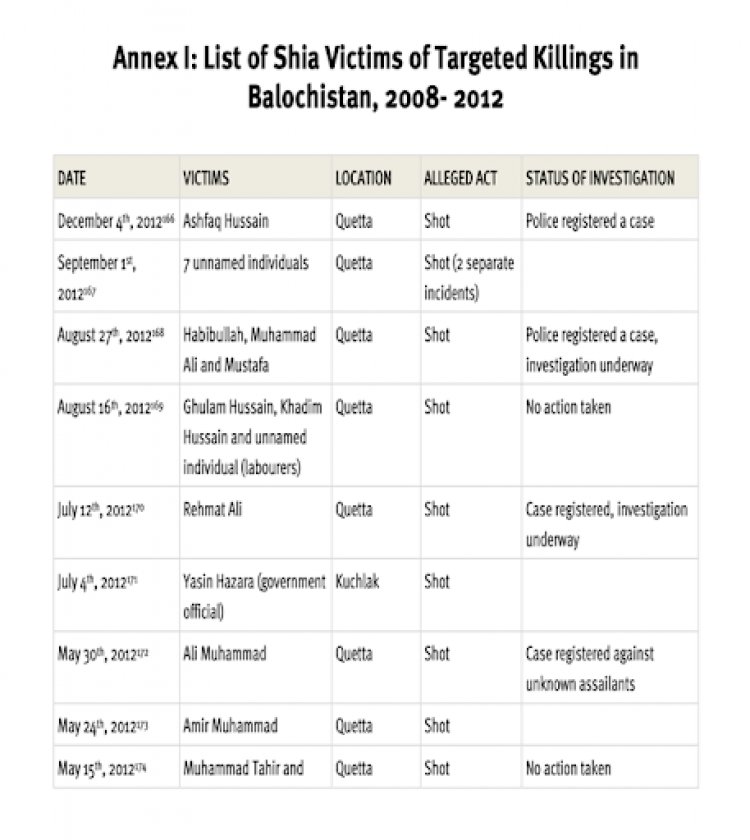
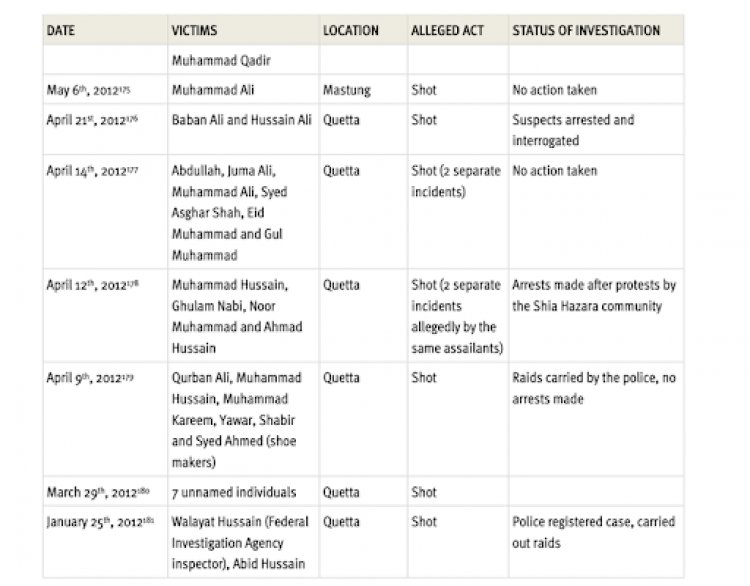
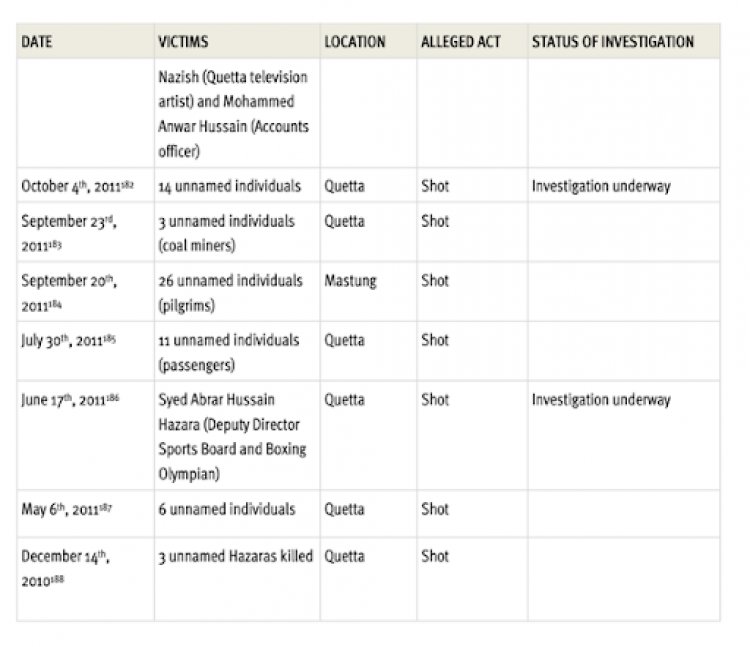
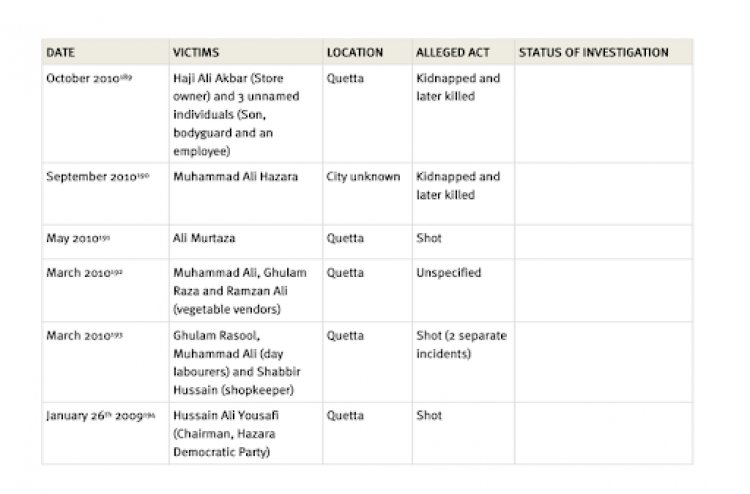
Translation of Lashkar-e-Jhangvi’s Public Threat to the Hazara Community
All Shias are liable to be killed. We will rid Pakistan of [this] impure people. Pakistan means land of the pure, and the Shias have no right to live here. We have the decrees and signatures of the revered clerics in which the Shias have been declared infidel [kaffir]. Just as our fighters have waged a successful jihad against the Shia Hazaras in Afghanistan and butchered them, our mission [in Pakistan] is the abolition of this impure sect and people, the Shias and the Shia Hazaras, from every city, every town, every village, every nook and corner of Pakistan. Like in the past, [our] successful Jihad against the Hazaras in Pakistan and, in particular, in Quetta is ongoing and will continue [in the future]. We will make Pakistan their graveyard— their houses will be destroyed by bombs and suicide bombers. We will only rest when we fly the flag of true Islam on this land. Our fighters and suicide bombers have [already] successfully operated in Parachinar, and are awaiting orders to operate across Pakistan. Jihad against the Shia Hazaras has now become our duty. Our suicide bombers have successfully operated in Hazara Town on May 6, 2011 [referring to the killing of Hazara on May 6, 2011 in Hazara Town, Quetta, that left 8 dead and at least 15 wounded] and now our next target are your houses in Alamdar Road. As long as our innocent friends [fellow militants] aren’t freed [from prison], we will continue our operations. The Chief Lashkar-e-Jhangvi Pakistan
Chief Minister Aslam Raisani’s Statement on the Mastung Massacre, October 5, 2011
Balochistan has a population of millions, so what if 40 Hazaras were killed? If 40 people were killed in one day, it is no big deal as millions live in the province. I will send a truck of tissue paper to wipe the tears of the relatives of those killed. If I had not been a politician, I would have dispatched tobacco.” Speaking to the media outside the parliament house, the chief minister added that there was no Taliban Shura [council] anywhere in Balochistan… He added that the law and order situation in the province was satisfactory and people were raising a hue and cry unnecessarily. The chief minister also said that no tangible evidence of Indian interference in Balochistan had been uncovered.

